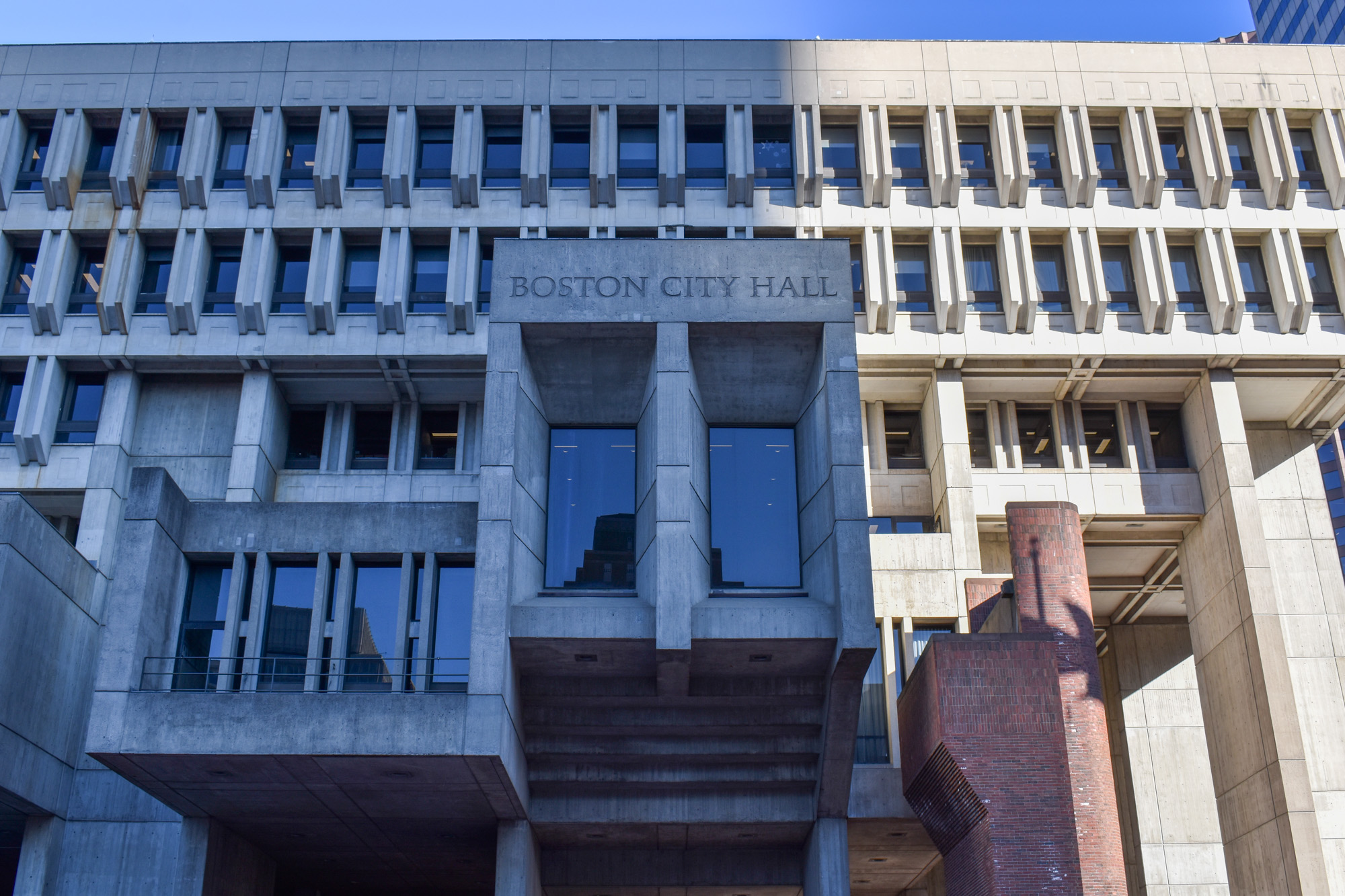The Boston City Council discussed public safety issues regarding substance use in Massachusetts Avenue and Melnea Cass Boulevard and passed resolutions requiring Cardiopulmonary Resuscitation training in high schools and supporting language inclusivity for speakers with limited English proficiency during its Wednesday meeting at City Hall Plaza.
Councilor Henry Santana introduced an order calling for a discussion on public safety and public health updates related to the ongoing crises of mental illness, substance use, homelessness and housing instability — issues heavily concentrated in the Mass. and Cass. area.
“We are serious in maintaining a zero tolerance policy when it comes to drug dealing, violence and other illegal activities,” Councilor Ed Flynn said. “Residents and businesses in the impacted neighborhoods should feel safe.”

Flynn said they need to implement a “treatment-first approach” for those suffering from addiction and in substance recovery.
Councilor Erin Murphy discussed the need to reinstate a syringe pickup program in Boston that helped pick up millions of discarded needles. However, this program was not included for funding in the new upcoming budget, she said.
Councilor Tania Fernandes Anderson called for the administration to balance the budget better to prioritize this issue in Mass. and Cass. and to provide a structured metric system for measuring real changes.
“We tend to get up and say, ‘There’s a problem,’” Anderson said. “But, when we get to the hearing itself, we’re not actually doing real structured analysis of best practices.”
The order was referred to the Committee on Public Safety and Criminal Justice for further discussion.
Additionally, the council passed a resolution proposed by Flynn requiring high schools to provide CPR training for their students.
In the United States, 41 states mandated CPR training for high school students before graduation. Massachusetts is one of the nine states that do not hold this requirement, Flynn said.
“CPR training will bring tremendous benefits and educate our youth on health and extreme risk of a heart attack or other complications,” Flynn said. “It will also help them develop skills, such as problem solving, critical thinking and building their confidence in life or death scenarios.”
Councilor Brian Worrell recalled a moment in high school when a friend collapsed during a basketball game.
“It was one of those moments when everything stops,” he said. “Thank god that he made it to the hospital, and he’s doing okay, but I will never forget watching the CPR efforts that unfolded.”
The council also passed a resolution supporting “An Act relative to Language Access and Inclusion,” proposed by Councilors Benjamin Webber and Julia Mejia.
This act serves to enforce language access policies at state agencies, ensuring all residents have equal access to public services and information.
These practices extend to residents with limited English proficiency, as well as those who are deaf or hard of hearing, Mejia said.
Webber referenced President Donald Trump’s executive order, released March 1, designating English as the official language of the U.S. and ending the requirement of language assistant services and making them voluntary.
The hope of this resolution is to provide further resources for language inclusivity and “right step in the right direction” in Boston, Mejia said.
“This is a country of immigrants,” Webber said. “We are all better for it when we welcome different cultures and different languages and include them in our city.”


















































































































